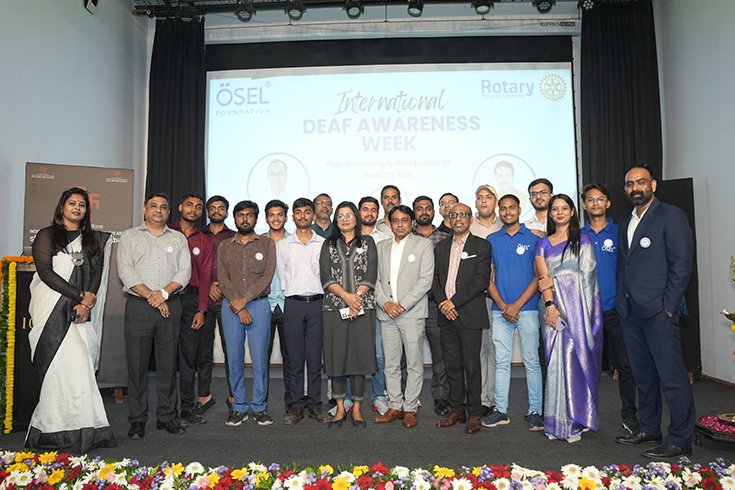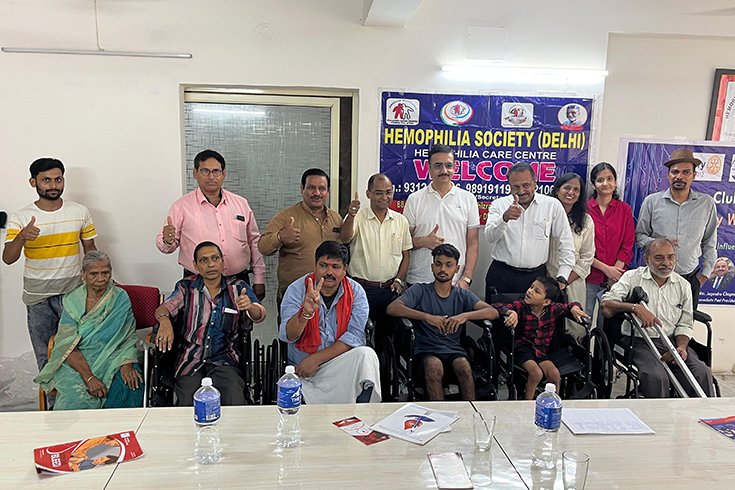Healthcare
professionals in India are facing challenges diagnosing and treating patients
with long Covid due to insufficient guidelines and a lack of comprehensive
research. Researchers have raised concerns about the scarcity of studies on the
condition, further complicating efforts to manage it.
After the
World Health Organization (WHO) ended the Covid-19 global health emergency in
May last year, countries began focusing on assessing the impact of long Covid—a
condition where individuals experience persistent symptoms long after
recovering from acute infection. These symptoms include fatigue, cough, joint
and muscle pain, brain fog, and concentration issues, resulting from the
SARS-CoV-2 virus.
While
studies suggest that around one-third of those with moderate to severe
infections develop long Covid, the incidence varies by region. Research from
Harvard Medical School, published in the *International Journal of Infectious
Diseases* in September, estimated that 31% of individuals in North America, 44%
in Europe, and 51% in Asia suffer from long Covid. The study highlights the
strain on healthcare systems due to limited treatment guidelines.
In India,
the availability of data on long Covid remains limited. A study by Maulana Azad
Medical College, New Delhi, conducted between May 2022 and March 2023 on 553
patients, found that 45% experienced lingering symptoms, with persistent
fatigue and dry cough being the most common. The study, published in the
journal *Cureus* in May, noted a need for more exploratory research on the
long-term outcomes of the condition.
Dr. Rajesh
Sagar, Professor of Psychiatry at the All India Institute of Medical Sciences
(AIIMS), New Delhi, commented that it is still too early to fully understand or
establish standardized diagnostic and treatment methods for long
Covid.
According to
Animesh Samanta, Assistant Professor at Shiv Nadar University, Greater Noida,
while Indian research points to an increase in neurological symptoms, more
studies on neuroinflammation are required. Doctors report an uptick in unusual
symptoms such as post-viral asthma, where patients develop chronic cough and
wheezing, requiring inhalers or nebulizers.
Dr.
Arun Garg, Chairman of Neurology at Medanta-The Medicity, Gurugram, noted a
rise in stroke cases among young patients without common risk factors like
diabetes or hypertension. He also observed an increase in encephalopathy—brain
inflammation without clear cause—resulting in mental confusion following mild
fevers, with MRI scans showing no abnormalities.
The lack of
standardized diagnostic tools forces doctors to rely on broad health
assessments and inflammatory markers like C-reactive protein (CRP) for
guidance. Dr. Neetu Jain, a senior consultant at Pushpawati Singhania Hospital,
New Delhi, explained that long Covid is diagnosed based on clinical
observation, especially when patients fail to regain their pre-Covid quality of
life. Some patients even exhibit rare antibodies not seen before the
pandemic.
Inflammation
persisting after recovery from acute Covid is believed to play a crucial role
in long Covid, but specific tests to measure this immune response are still
under development. At Shiv Nadar University, Samanta’s team has created a
fluorescent probe to detect inflammation in brain cells. This probe tracks
nitric oxide levels in microglia cells—immune cells responsible for brain
health—which produce nitric oxide during immune responses to
infections.
While such
innovative tools show promise, there remains a pressing need for more research
and well-defined protocols to effectively diagnose and treat long Covid
patients in India.












